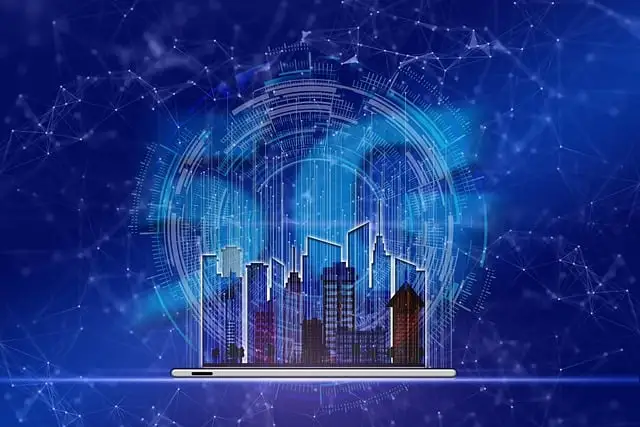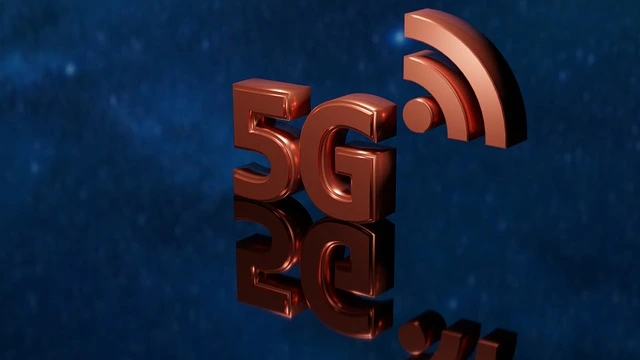Innovation via 5G Technology

 The latest generation of internet connection, 5G, offers exciting opportunities due to its speed, connectivity and reliability.
The latest generation of internet connection, 5G, offers exciting opportunities due to its speed, connectivity and reliability.
Traditionally, we think of 5G within the communications sector; many people use 5G technology on their phones and mobile devices. The key organisations at the forefront of the 5G network infrastructure include Ericsson, Huawei and Nokia. The expansion of 5G networks has, however, created the potential for innovation via a far wider variety of applications.
Six innovative uses of 5G
1. Drone Ecosystem
The use of drones is evolving quickly, harnessing the powerful data transfer offered by 5G technology. In Spain, for example, drones are used for surveillance and security when specialist personnel are unavailable, using a recognition system developed with edge computing.
Manchester City FC deploys drones using 5G technology to obtain aerial views of play as real-time input into training sessions. Drone footage enables a manager and coaching teams to observe movement, positioning and space within a game from a clearer angle than from the side of a pitch.
2. Automated Farming
A farm management and irrigation system in China uses 5G connectivity to fully automate rice production from 12,000 acres of farmland. The results from this 5G application are impressive, increasing output by 10%, using 40% less water and saving material and labour costs. This automation is also being deployed in industrial processes, facilitating faster decision-making and process times.
3. Reduced Energy Consumption
 5G helps smart technologies to use less energy, contributing to organisations’ green strategies. This benefit is achieved as data transfer is quicker, requiring less energy.
5G helps smart technologies to use less energy, contributing to organisations’ green strategies. This benefit is achieved as data transfer is quicker, requiring less energy.
This benefit can be boosted by network providers’ operations. As an example, Huawei’s increased use of outdoor equipment reduces its reliance on air conditioning.
In addition, implementing ‘deep dormancy’ for network elements allows them to power down when not in use, saving energy.
4. Public Safety
In smart cities (urban areas with optimal deployment of digital technology), 5G technology has the potential to significantly enhance public security and safety. Smart city systems can gather and analyse huge volumes of data from several sources, including video security cameras, intelligent traffic lights and other Internet of[JH1] Things devices. The issues of cyber security and privacy continue to be debated, however.
5. Transformed Healthcare
Remote patient monitoring and telemedicine made possible by 5G can transform healthcare by enhancing access to treatments, cutting costs, and enhancing patient outcomes. In the UK, the University Hospitals Birmingham NHS Foundation Trust demonstrated how a remote ultrasound scan can be performed using a public 5G network. A paramedic performed the ultrasound scan under the remote guidance of a clinician, who was able to interpret the images in real time.
6. Event Experiences
From performing arts to sports, 5G combines a high standard of connectivity and an evolving range of multi-sensory options to enhance the audience viewing experience. Football fans can explore live elements of the match while viewing statistics, for example.
‘Harnessing the power of 5G offers exciting possibilities for organisations,’ says Eric Hughes of EMH Technology. ‘The benefits available, such as lower costs and greater productivity, can improve customer experience and increase competitiveness. 5G is an opportunity that every organisation should consider.’
Have you explored how 5G technology can benefit your organisation?
Enjoy an informal discussion with the friendly experts at EMH Technology. We enjoy discovering how technology can work hard to benefit business. There’s no obligation or IT jargon, just lots of ideas and potential. Let’s talk.
